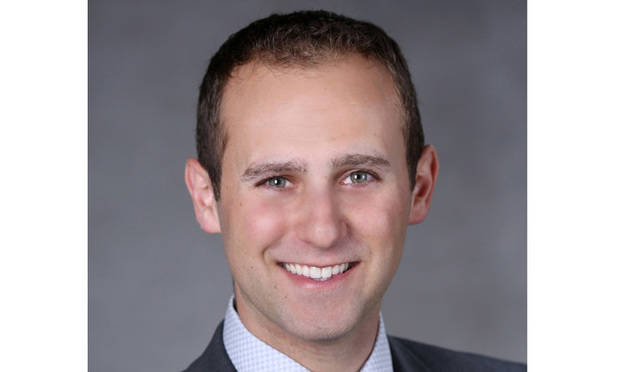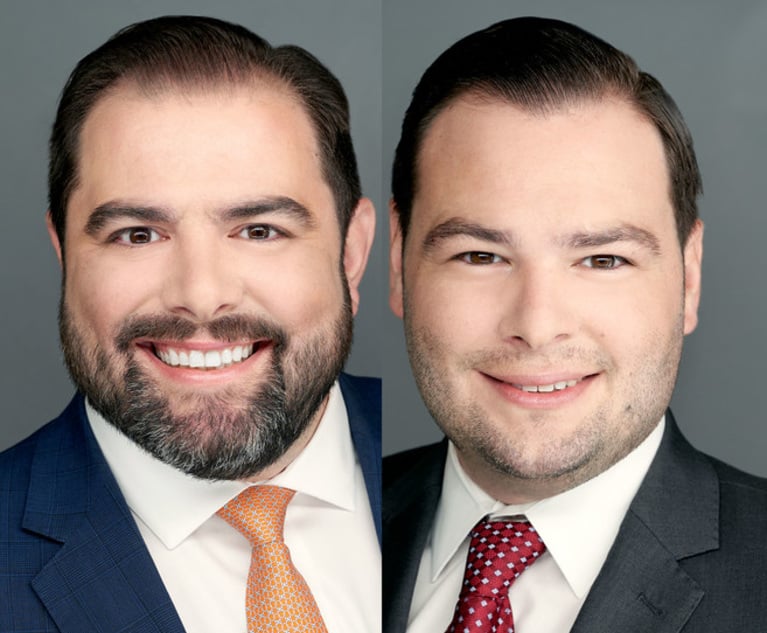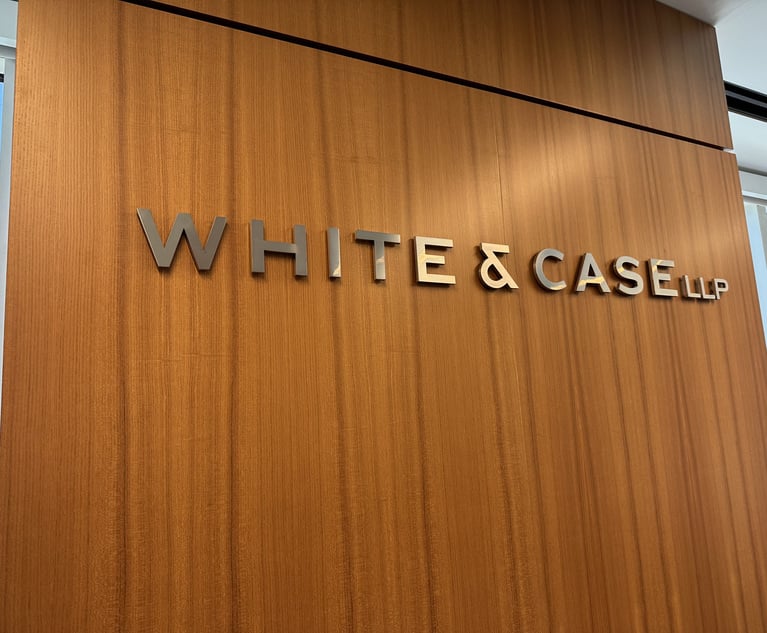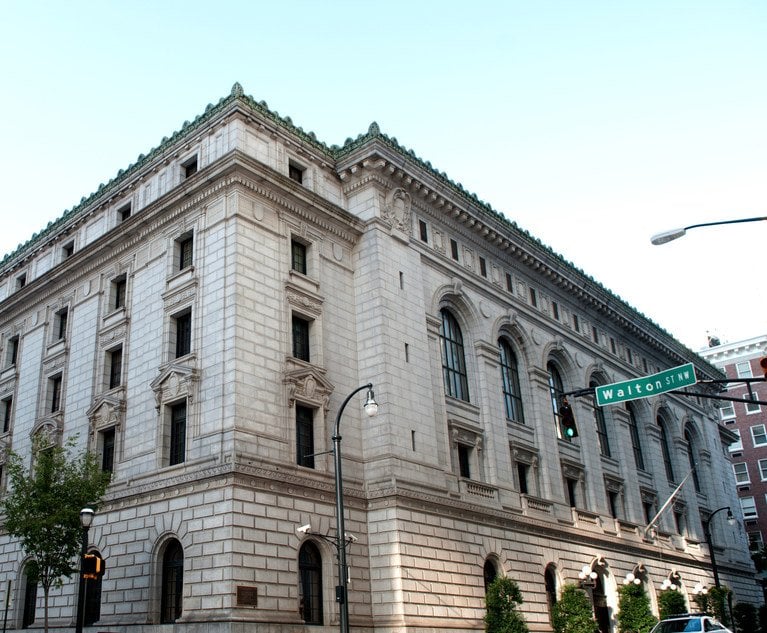The community social room is typically one of the most popular amenities in condominium and homeowner association communities, and as such it must be governed with care in order to ensure all entitled residents an opportunity to enjoy it.
Bans of any kind against the use of the community room, such as those for specific gatherings, should be considered only after prudent consultation with experienced legal counsel. Furthermore, a ban against religious gatherings can prove particularly troublesome due to the potential for violations of the federal Fair Housing Act.


 Michael Toback, of Siegfried, Rivera, Hyman, Lerner, De La Torre, Mars & Sobel in West Palm Beach.
Michael Toback, of Siegfried, Rivera, Hyman, Lerner, De La Torre, Mars & Sobel in West Palm Beach.




